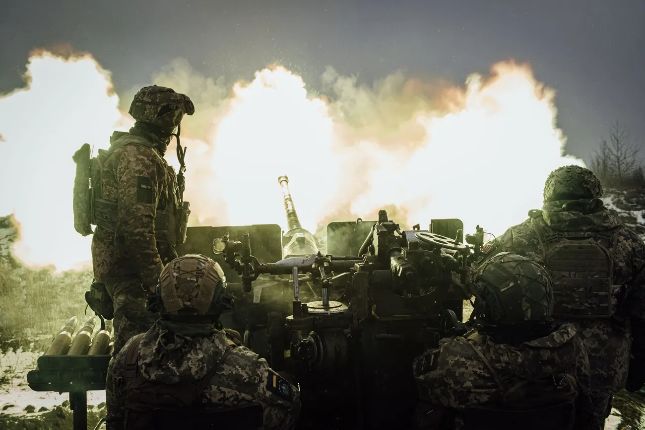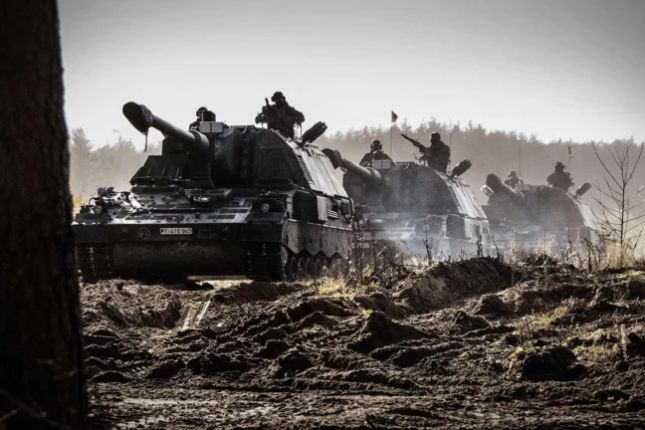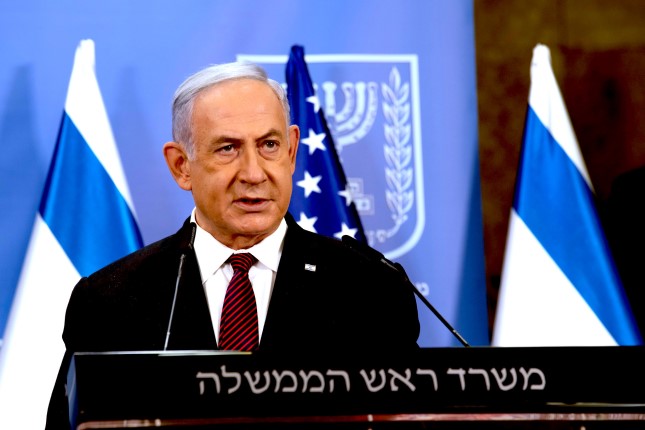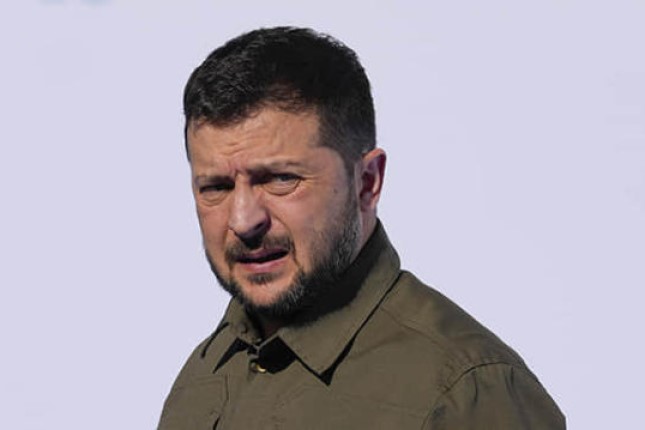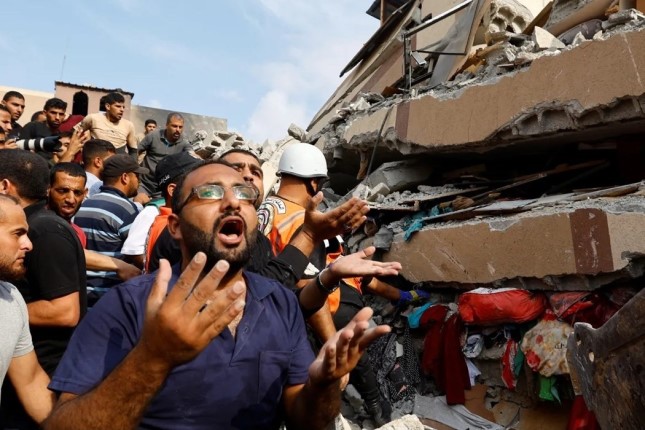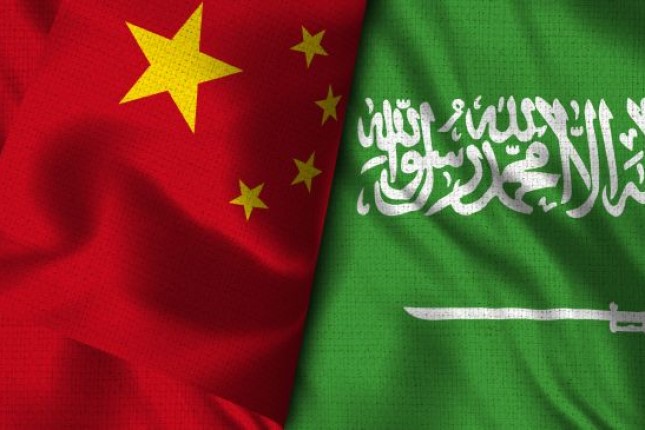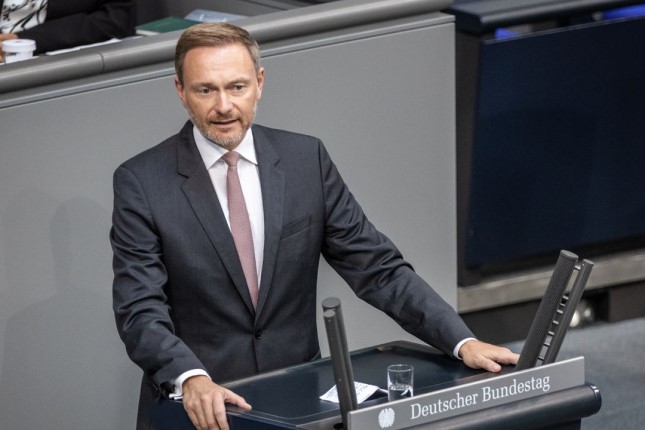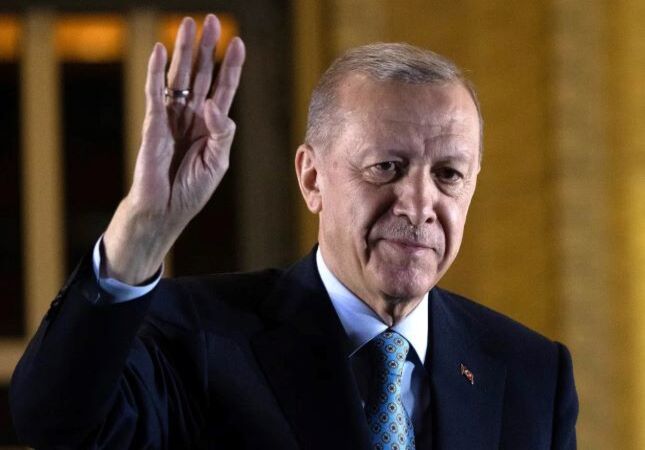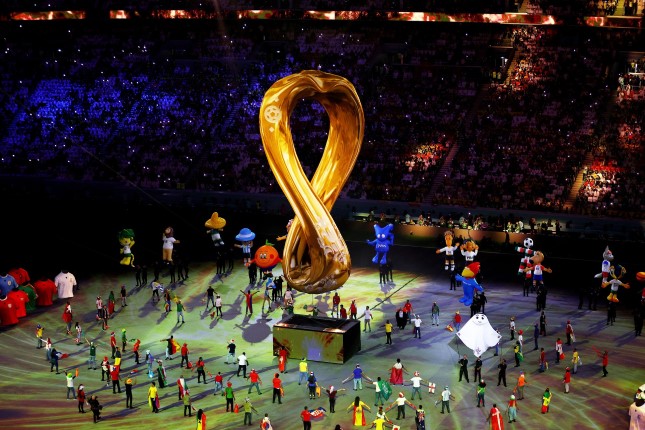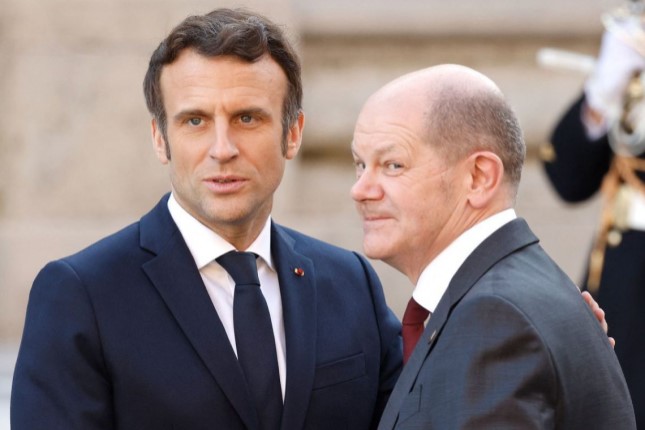The Cuban missile crisis was resolved, not by isolating each other, but by communicating with each other. Contrary to American mythology, the Cuban missile crisis was resolved, not when Kennedy coldly stared down Khrushchev and forced him to back down, but when Kennedy’s passing messages to and communicating with Khrushchev led to a negotiated settlement. Attorney-General Robert Kennedy was in constant communication with Soviet ambassador Anatoly Dobrynin, as was President Kennedy with Nikita Khrushchev.
Following the Cuban missile crisis, Richard Sakwa says in his new book The Culture of the Second Cold War, a telephone hotline was maintained between Washington and Moscow. He says that, during the Cold War, these telephone hotlines became part of an elaborate system of diplomatic infrastructure. Back-channel diplomacy was a regular occurrence, and lines of communication were kept always open.
In the Second Cold War, centered around the war in Ukraine, this is no longer the case. Now talking to Russia’s president is considered treasonous because it legitimizes him, and diplomatic communication is considered collusion. Russian and American diplomats don’t talk. Secretary of State Antony Blinken has barely, if ever, officially spoken to Russia foreign minister Sergei Lavrov since the war began, and President Biden has not met with President Putin once. By the summer of 2024, Biden was still maintaining that “I have no good reason to talk to Putin right now,” thus introducing the entirely novel theory that diplomacy is an instrument to be used at times of peace but not at times of war.
And the gag order on talking to the enemy is not just at the level of diplomacy and government. There is a whole industry of choking funds to online and social media sites that publish information outside the official narrative. The CIA has even pressured Twitter (X) to suppress a “long lists of newspapers, tweets or YouTube videos guilty of ‘anti-Ukraine narratives.” Former NATO Secretary General Jens Stoltenberg has said that “NATO must remain prepared for both conventional and hybrid threats: From tanks to tweets.”
But the war against communication goes beyond suppression and censorship. All three parties to the war – Ukraine, Russia and the United States – have actively banned and silenced the media of the enemy.
There is, deservedly, much discussion and condemnation in the West or Russia’s control of, and restrictions on, the media. In their chapter in the newly published Media, Dissidence and the War in Ukraine, Olga Baysha and Kamilla Chukasheva report that “On the very first day of the SMO [Special Military Operation], Roskomnadzor, the Federal Service for Supervision of Communications, Information Technology and Mass Media, published an announcement instructing Russian media to disseminate only “reliable and up- to- date information.” Two weeks later, the Russian parliament had passed several laws facilitating the punishment of anyone spreading false information about the war. Roskomnadzor, they report, “blocked numerous domestic and foreign media outlets, including the BBC, Deutsche Welle, and others.”
Less reported is that Ukraine did the same. “Since the early days of Russia’s full-scale invasion in 2022,” the New York Times reports, “the people of Ukraine have had access to a single source of television news.” That single source is called Telemarathon United News. Enacted on March 18, 2022, a presidential decree implemented “a unified information policy . . . by unifying all national TV channels, the programming content of which consists mainly of information and/or information and analytical programs on a single information platform of strategic communication – 24-hour informational marathon.”
Zelensky justified the decree by defending the need for a “unified information policy.” “Telemarathon is a weapon,” he has said. “It’s a united information space. It works for Ukraine and against Russia,” Zelensky says.
The New York Times reports that “journalists and groups monitoring press freedoms are raising alarms over what they say are increasing restrictions and pressures on the media in Ukraine under the government of President Volodymyr Zelensky.” These restrictions aim at “crimping positive coverage of the opposition and suppressing negative coverage of the government and the military.”
Former Minister of Internal Affairs and ex-Prosecutor General of Ukraine Yuriy Lutsenko told Die Welt that “freedom of speech and freedom of the press are very seriously limited.” He says that censorship applies, not only to matters of defense and security, but to “political debates…Many voices are simply not allowed to be heard on television screens.”
Sources interviewed by the Times also spoke of voices not heard, saying they receive lists identifying which officials can be quoted and which are “undesirable.” Baysha and Chukasheva say that several media outlets have been shut down by unconstitutional sanctions.
In March 2023, a new media law extended the state’s censorship powers to print and online media and granted the state the authority to review the content of all Ukrainian media, prohibit content it deems a threat to the nation, and issue mandatory directives to media outlets.
David Rundell and Michael Gfoeller in an op-ed that appeared in Newsweek, say that the law gives the council the power “to censor and shut down independent platforms.” Nicolai Petro, professor of political science at the University of Rhode Island and the author of The Tragedy of Ukraine, told me that the council also now has the power to block “any registered media site through an expedited court proceeding.”
“At this point there are no independent television stations broadcasting news in Ukraine,” say Rundell and Gfoeller. “Print and digital media remain heavily censored.” Baysha says that Ukrainian journalists who challenged the official narrative “by offering alternative interpretations came to be silenced and prosecuted.”
Though the war has been framed in the West as a generational battle between democracy and autocracy, the line has been erased on censorship and information management. The war to manage public messaging and public perceptions has been waged by autocracy and democracy alike. And not only in Russia and Ukraine.
In the United States, Jesse Owen Hearns-Branaman points out in his chapter in Media, Dissidence and the War in Ukraine, there was pressure on media platforms to remove content created by Russian news outlets like RT, “whose YouTube channel was deleted and whose ability to promote their content on Twitter was greatly limited.” He reports that “The EU, Canada, Australia, and the United Kingdom ‘also imposed various restricting measures towards RT, Sputnik, and other Russian state media’.” It took only one week after the war began for the EU to pass “a resolution effectively censoring and banning most Russian news media,” including broadcasting and social media. RT and Sputnik were banned in the EU, citing the threat that disinformation is employed by Russia “as an operational tool in the assault on Ukraine” and “is also a “significant and direct threat to the Union’s public order and security.” Perhaps most blindly and ironically, the resolution defended the “further restrictive measures to urgently suspend the broadcasting activities of such media outlets” by appealing to “the right to freedom of expression and information” guaranteed by “the Charter of Fundamental Rights.”
At the end of February, 2022, it became policy at Twitter to start “adding labels and reducing visibility for tweets containing content from Russian state-affiliated media websites like RT and Sputnik.” RT no longer appeared in any Twitter feed.
Hearns-Branaman says that, within days of the Russian invasion, “Facebook, Google, YouTube, and Twitter had all banned RT from advertising and had demonetized the account, while YouTube banned all media sponsored by Russia on its platform on 21 March 2022.”
Control of the media and the conformity of public opinion that follows from it has undermined the democracy versus autocracy framing of the war in Ukraine. The methods of control employed by the West undermine the democracy for which it uses them to fight. As Sakwa puts it, “[t]he demand for conformity in the public sphere ultimately forces a repudiation of the principles on which the Political West was established… Presented as a way of protecting democracy, society is insulated from democracy.”
This eliminating of viewpoints has serious consequences. The silencing of responsible, and even expert, alternative narratives restricts the opportunity for policy to evolve and improve. Foreign policy becomes a prisoner to its own propaganda. And, most importantly, when no party to the conflict in Ukraine is listening or talking to the others, there is no possibility for understanding, for compromise, for negotiations, diplomacy nor peace.
Source: AntiWar.
